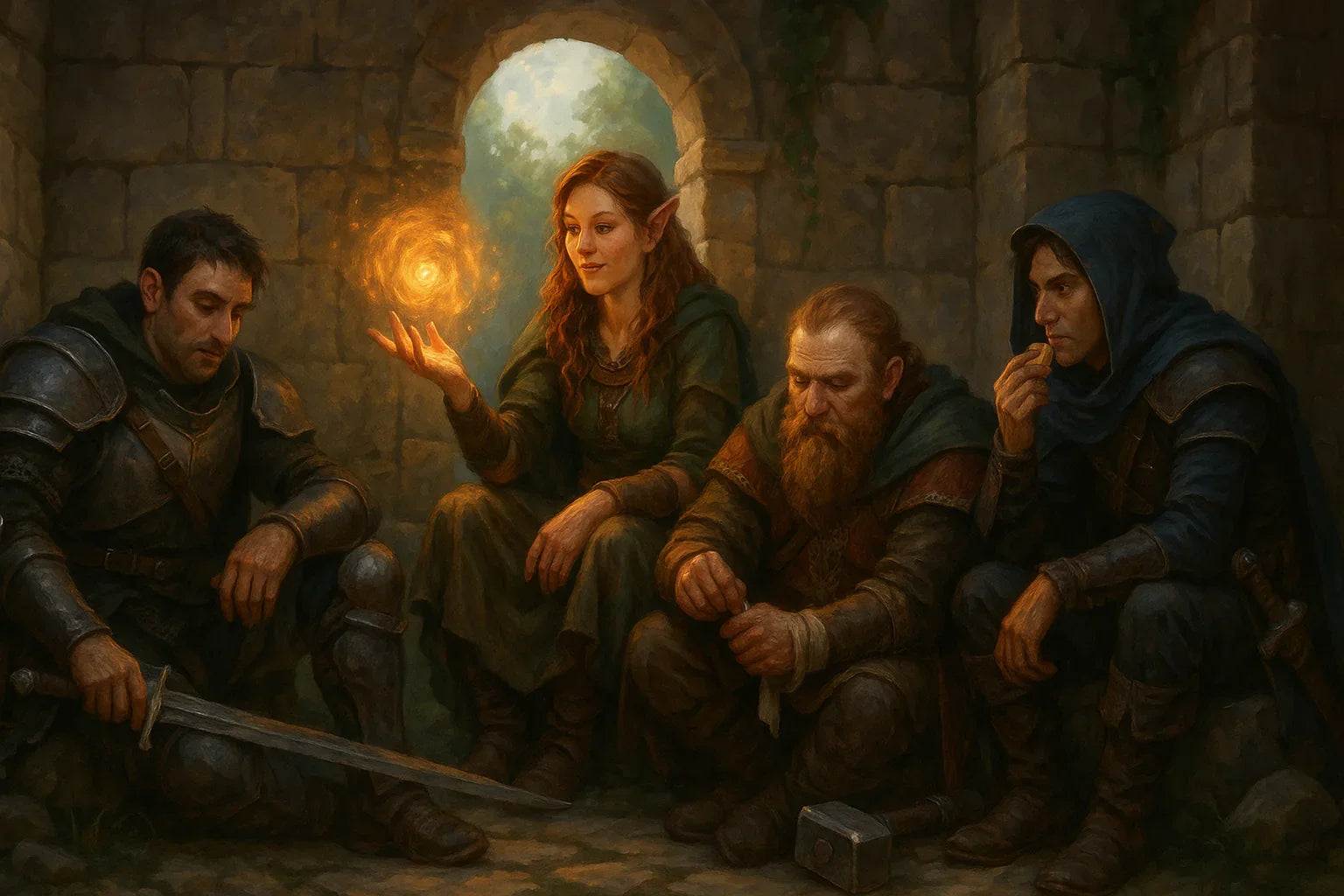
Mastering the Short Rest in D&D 5e: A Player’s Guide to Tactical Downtime

In Dungeons & Dragons 5e, timing is everything, and when adventurers need to regroup, recover, or plan the next move, the short rest becomes a powerful tool. Whether you’re playing a gritty dungeon crawl or a high-fantasy epic, understanding how to use a short rest in D&D 5e can turn the tide between success and defeat.
In this guide, we’ll break down what a short rest is, which classes benefit most, and how you can make the most of every breather. From regaining abilities to healing without spells, this is your go-to primer for making short rests count.
What Is a Short Rest in D&D 5e?
A short rest in D&D 5e is a period of downtime, at least one hour long, where characters can tend to wounds, eat, drink, and relax. It’s not just flavor, t’s a crucial mechanic that lets you recover hit points and certain class features without using spell slots or long rest resources.
According to the Player’s Handbook:
“A short rest is a period of downtime, at least 1 hour long, during which a character does nothing more strenuous than eating, drinking, reading, and tending to wounds.”
When Can You Take a Short Rest?
You can typically take a short rest whenever your DM allows it, often after combat, during exploration, or before storming the next room of a dungeon. Keep in mind that if your party is interrupted by combat or another event, the short rest may be canceled.
 How Short Rests Work: Rules & Mechanics
How Short Rests Work: Rules & Mechanics
Hit Dice Healing
The main benefit of a short rest is the ability to spend Hit Dice to recover lost hit points. You can roll a number of your available Hit Dice (equal to your level) and add your Constitution modifier to each roll.
Example: A level 5 Fighter with a Constitution modifier of +2 can roll up to 5d10 + (2 per die) during a short rest to heal.
You regain half of your total Hit Dice after a long rest, so be cautious about spending them all too early in the day.
Regained Class Features
Several D&D 5e classes recover abilities on a short rest rather than a long rest. Some examples include:
- Warlocks: Regain all spell slots on a short rest.
- Monks: Recover Ki points via their "Quickened Healing" feature (and later, through "Perfect Self").
- Battlemaster Fighters: Recover superiority dice.
- Druids (Circle of the Land): Recover spell slots with "Natural Recovery."
This makes short rests especially useful for classes that thrive on pacing their resources throughout the adventuring day.
Best Classes for Short Rest Recovery
Warlock
With limited spell slots that refresh on a short rest, Warlocks shine when the party takes frequent breaks. This design lets them stay active and potent throughout the day, especially when paired with Eldritch Blast and Invocations that don’t rely on spell slots.
Monk
Monks are built for hit-and-run combat, and recovering Ki points during a short rest means they can keep stunning foes and flurrying blows without burning out early.
Fighter (Battle Master, Eldritch Knight)
Many Fighter archetypes regain powerful abilities on a short rest. Battle Masters, for instance, regain superiority dice, while Eldritch Knights regain spell slots via Arcane Recovery if multiclassed with Wizard.
Wizard (Arcane Recovery)
Wizards can regain a few spell slots thanks to Arcane Recovery, which they can use once per day after a short rest. This extends their casting endurance without requiring a full long rest.
When to Take a Short Rest (And When Not To)
Ideal Times to Rest:
- After a tough combat encounter
- Before a known boss fight or ambush
- When exploring a dungeon floor or wilderness region
- When Warlocks or Monks are low on resources
Bad Times to Rest:
- In dangerous, high-traffic areas (you could be interrupted!)
- If a time-sensitive objective is looming (like stopping a ritual or rescuing prisoners)
- When you’ve already used all or most of your Hit Dice and need a long rest instead
Good adventurers know that short rests are strategic, not automatic. Work with your party and your DM to find safe moments where everyone can benefit.
How to Roleplay a Short Rest
A short rest isn’t just mechanics, it’s an opportunity for character development and immersive storytelling. Consider:
- Tending to wounds or sharpening weapons
- Sharing rations and stories with the group
- Meditating, praying, or bonding with an animal companion
- Reflecting on past battles or reading arcane tomes
These quiet moments help make your characters feel real and grounded. Some of the best roleplay happens when swords are sheathed.
Optional Rules: Expanding Short Rests
Dungeons Masters may introduce homebrew or variant rules to make short rests more dynamic. Some examples include:
- Healer’s Kits Required: Players must use a healer’s kit to benefit from Hit Dice healing.
- Skill-Based Resting: Letting players make Survival, Arcana, or Medicine checks to improve rest outcomes.
- Short Rest Interruptions: Adding tension with wandering monsters or time limits.
These variations can make the short rest in D&D 5e feel more integrated into your world’s danger level and pacing.
Quick Tips for Players
- Track your Hit Dice! Use a pencil and eraser or digital tool like D&D Beyond.
- Know your class abilities that refresh on short rests.
- Ask your DM if a rest is safe, especially when exploring dangerous areas.
- Use downtime for flavor, play a song, carve a symbol, or whisper to your deity.
- Don’t hoard Hit Dice unnecessarily, healing now may prevent going down in the next fight.
Conclusion: Take a Breather, Win the Day
In Dungeons & Dragons 5e, understanding the value of a short rest is a simple but powerful way to enhance your character’s performance and longevity. From healing with Hit Dice to regaining key abilities, these moments of calm offer mechanical and narrative opportunities that can shape your story.
So next time your party wipes their brows after battle, don’t rush ahead, suggest a short rest. It might just be the pause that saves your party from a total wipe.
What’s your favorite use of a short rest in your campaign? Let us know in the comments or share your best downtime roleplay moment!


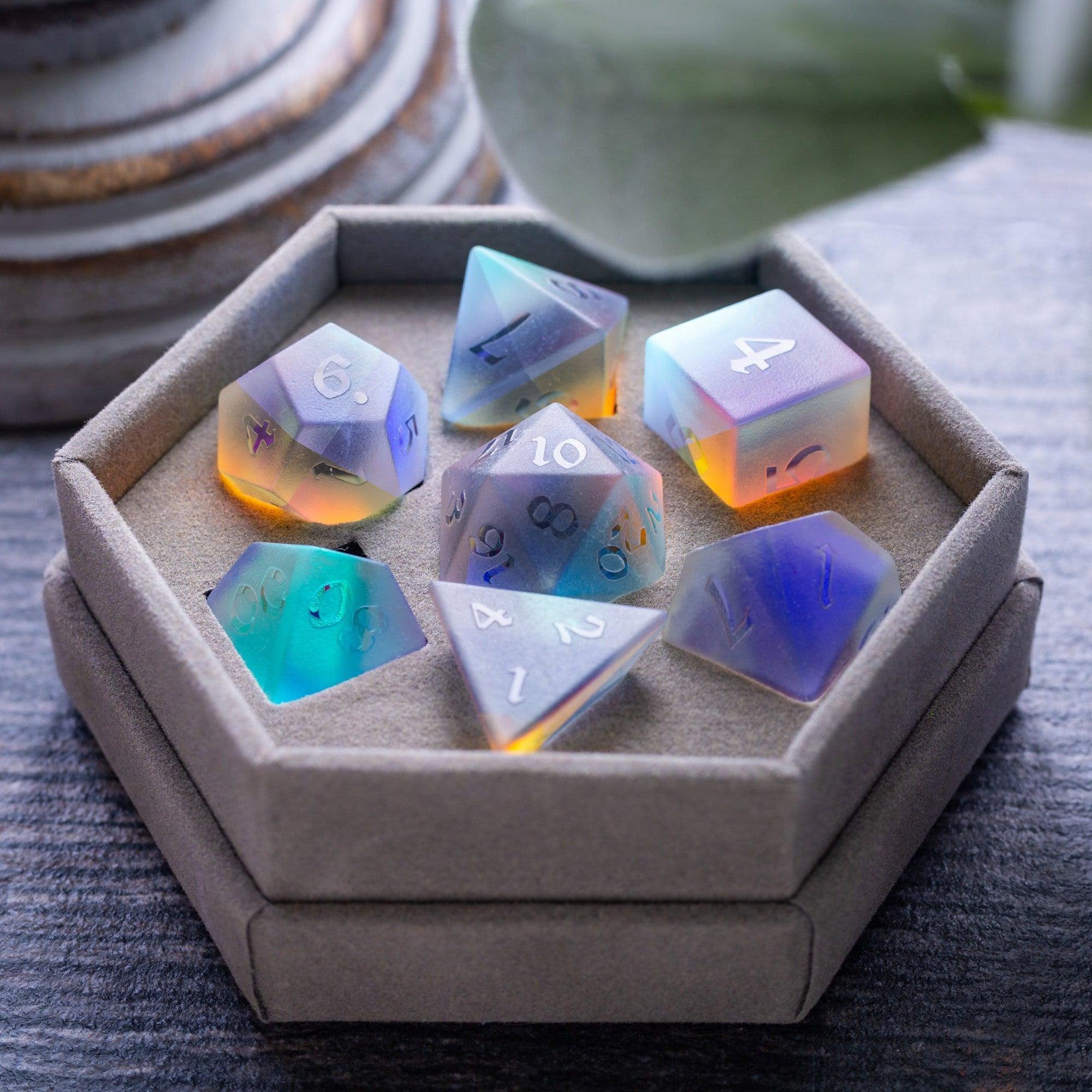
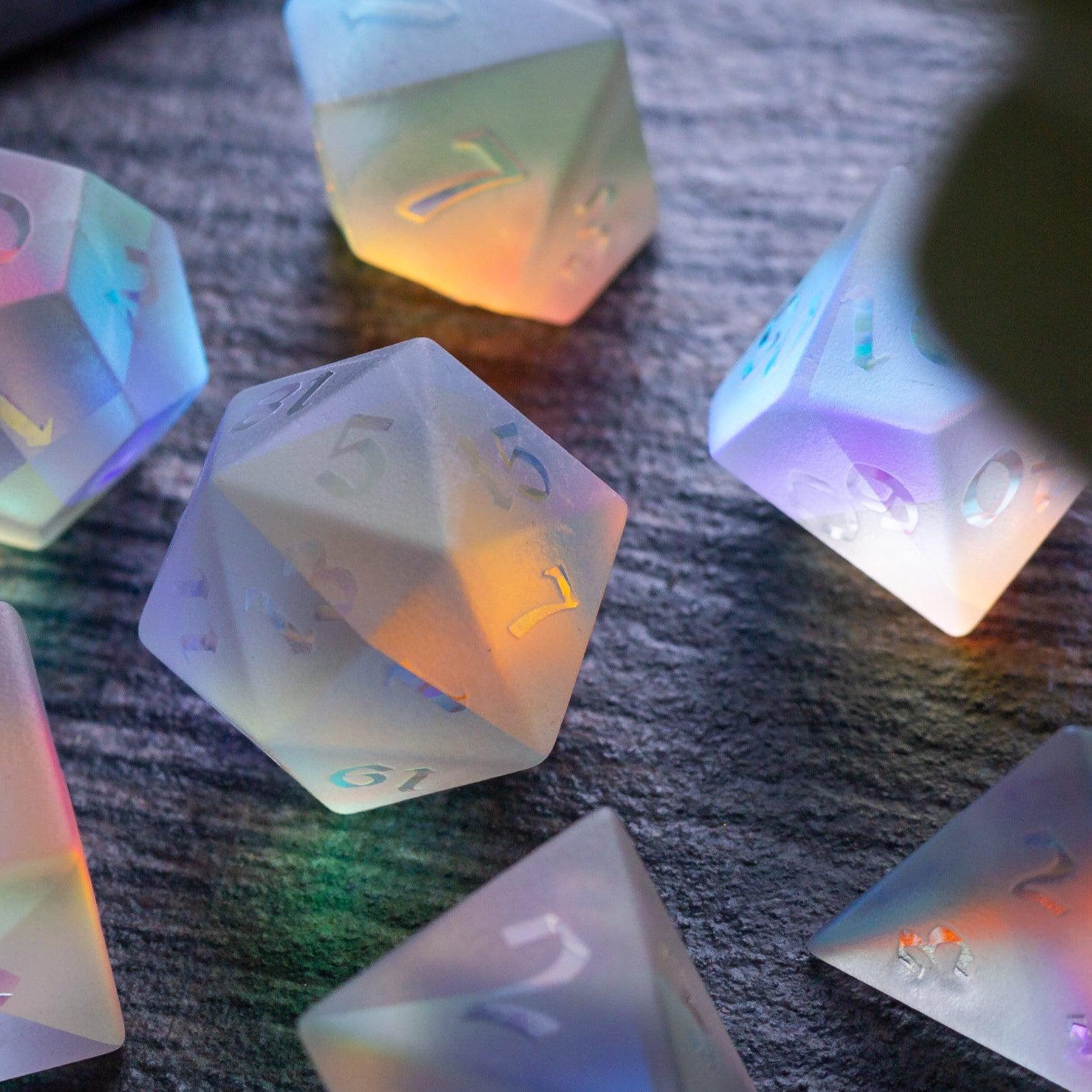
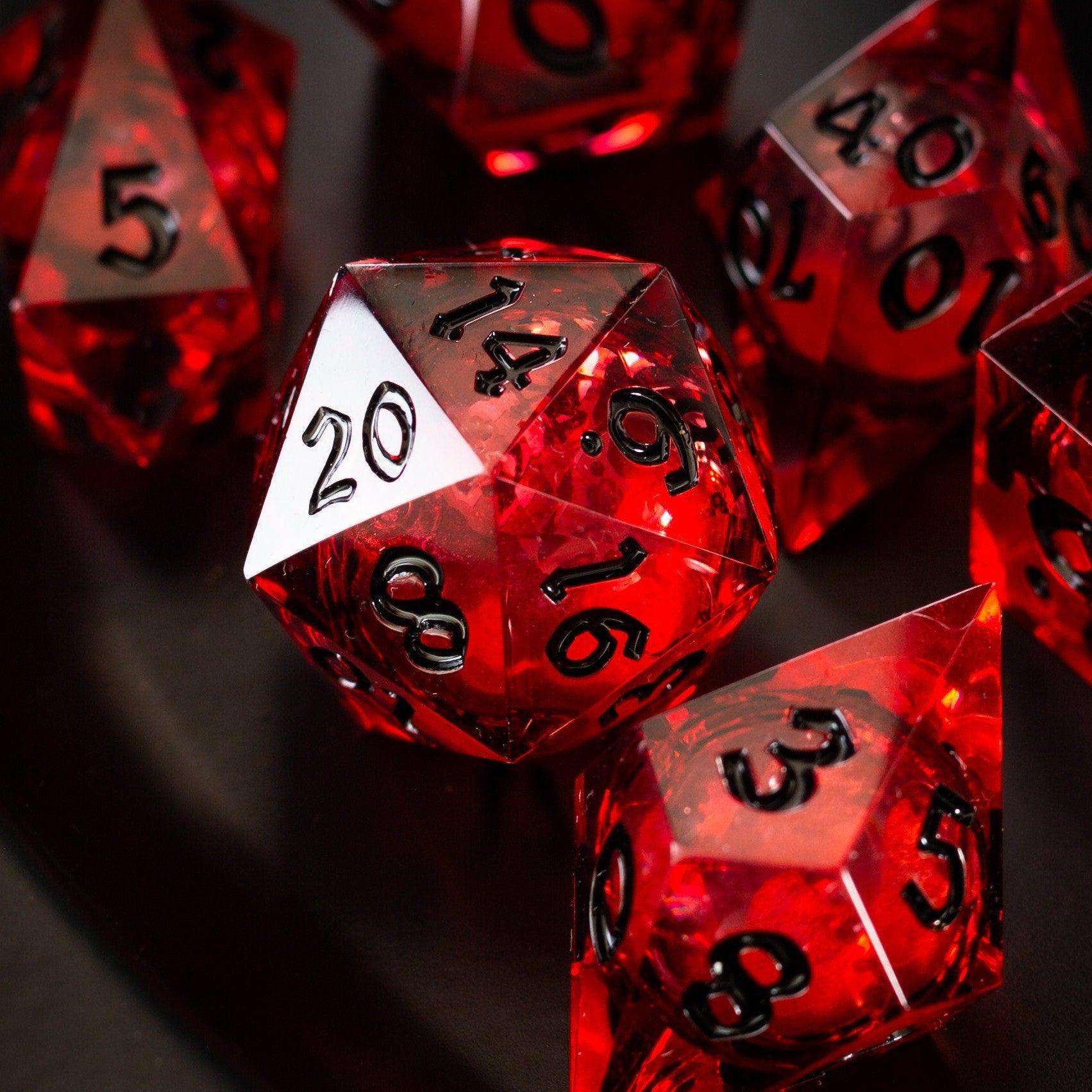
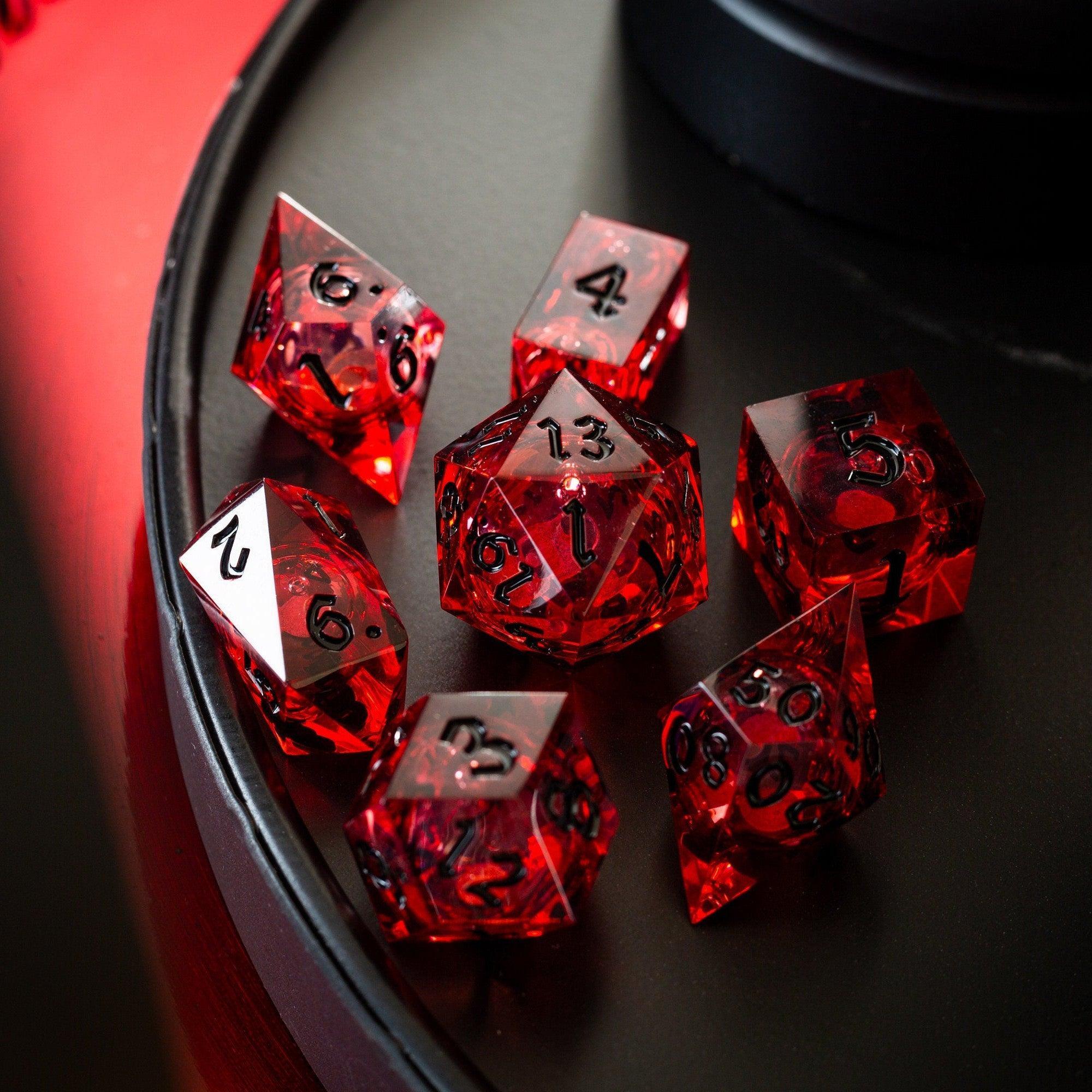
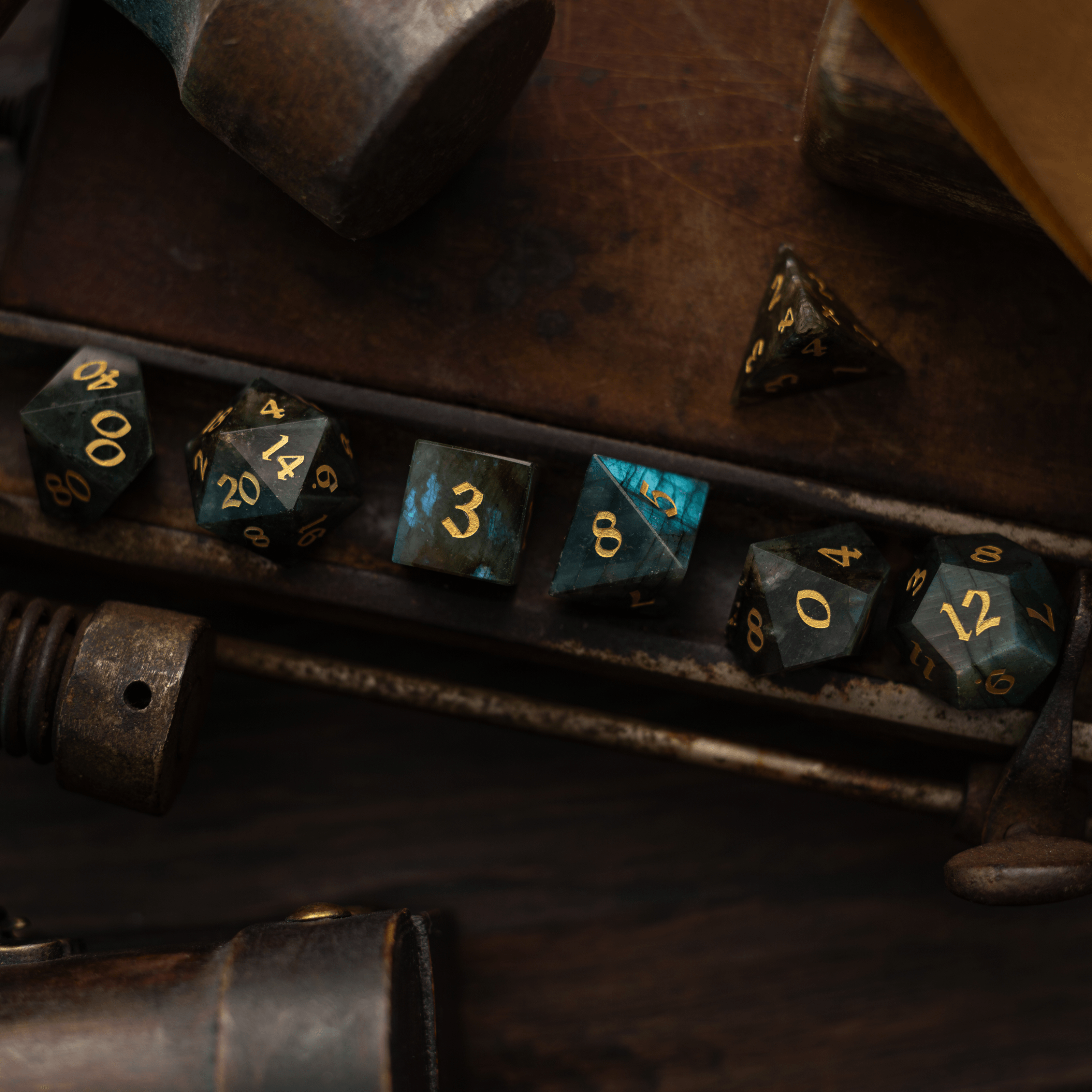
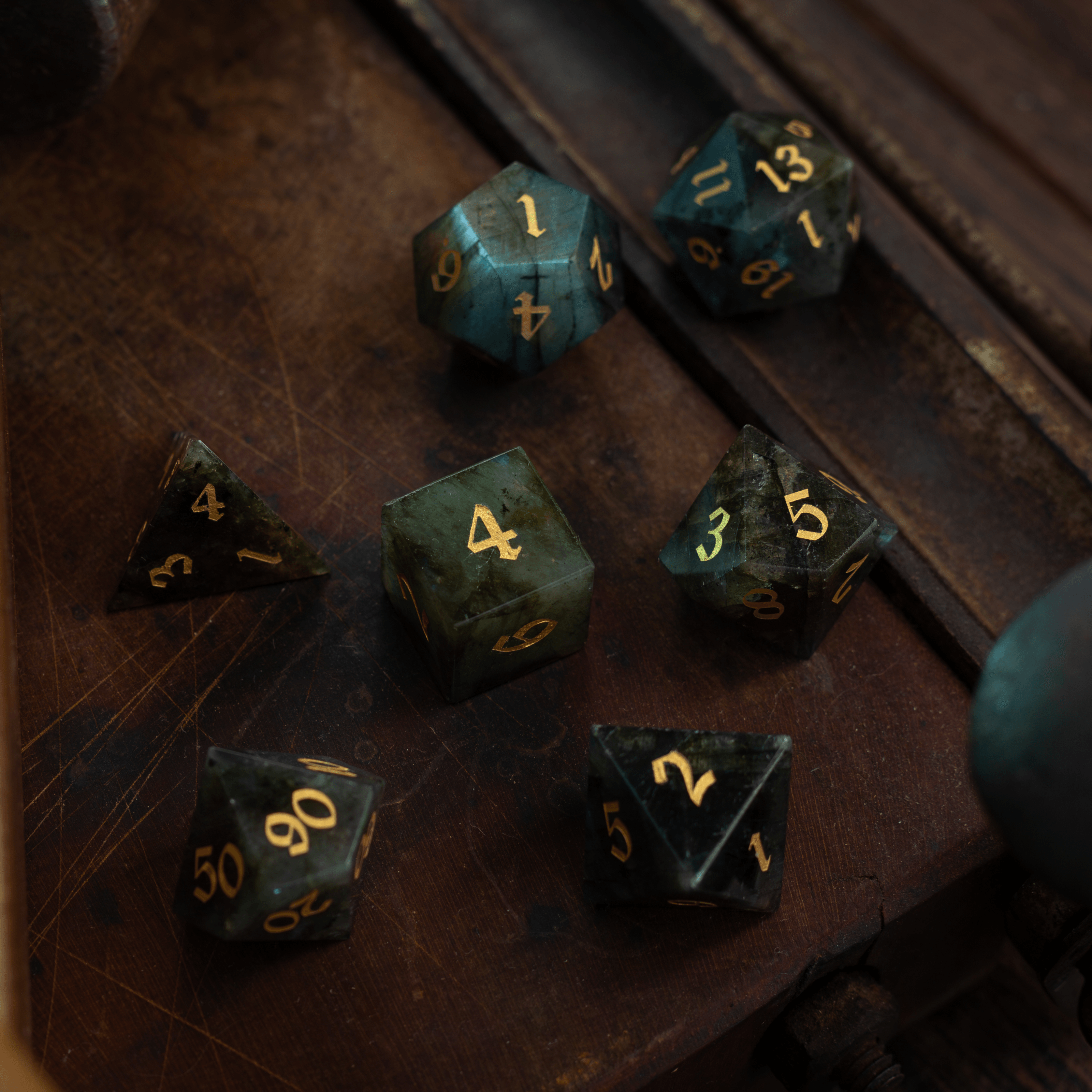
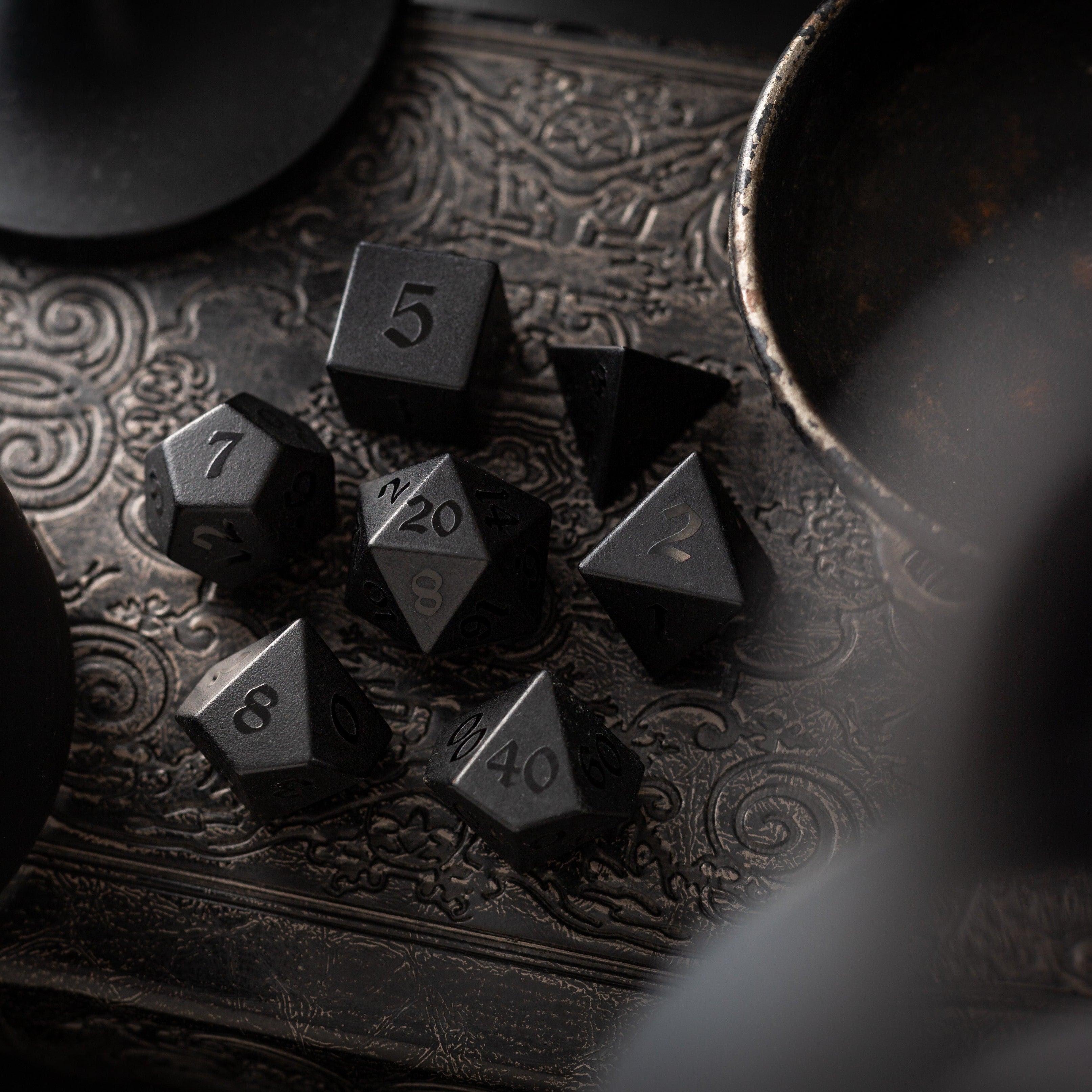
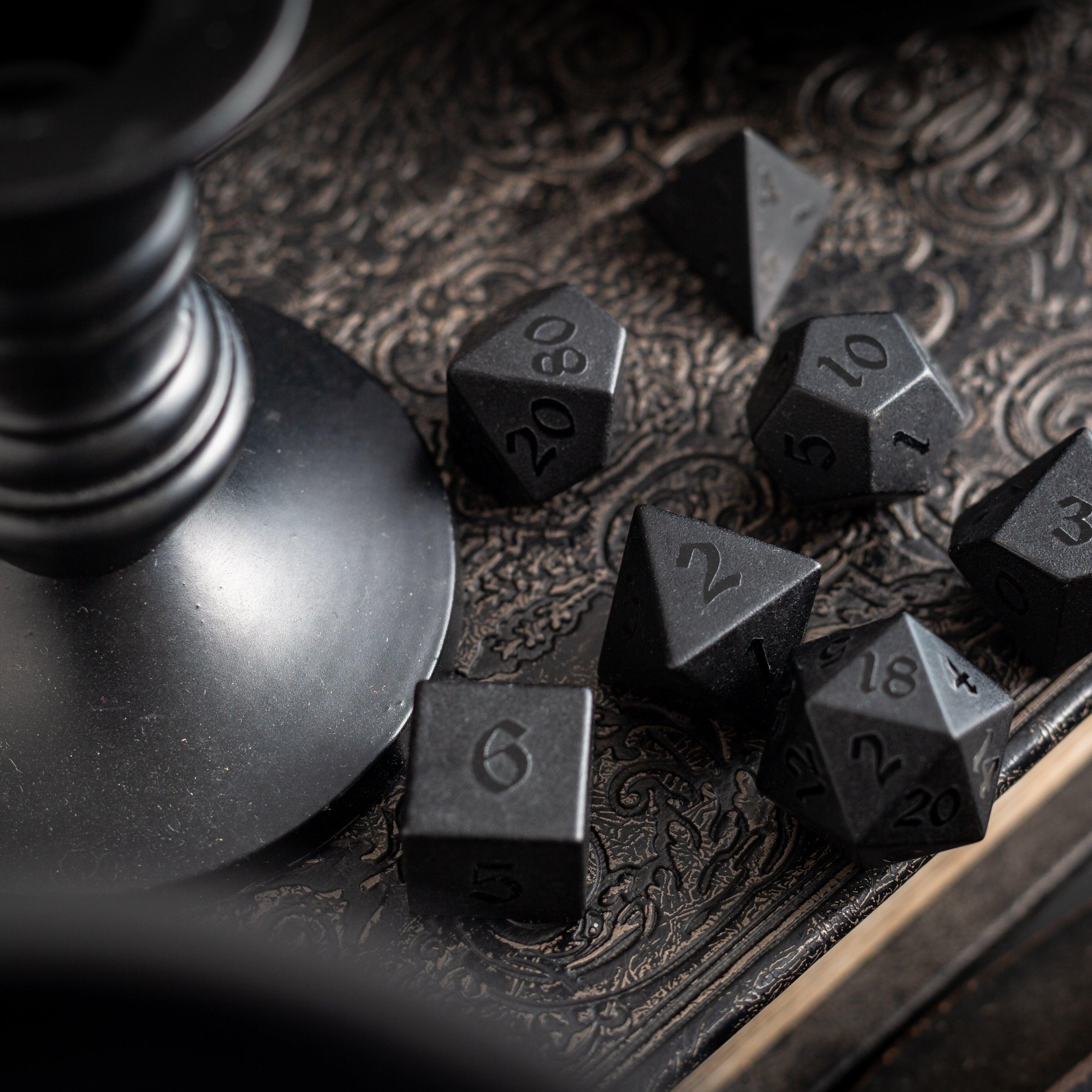
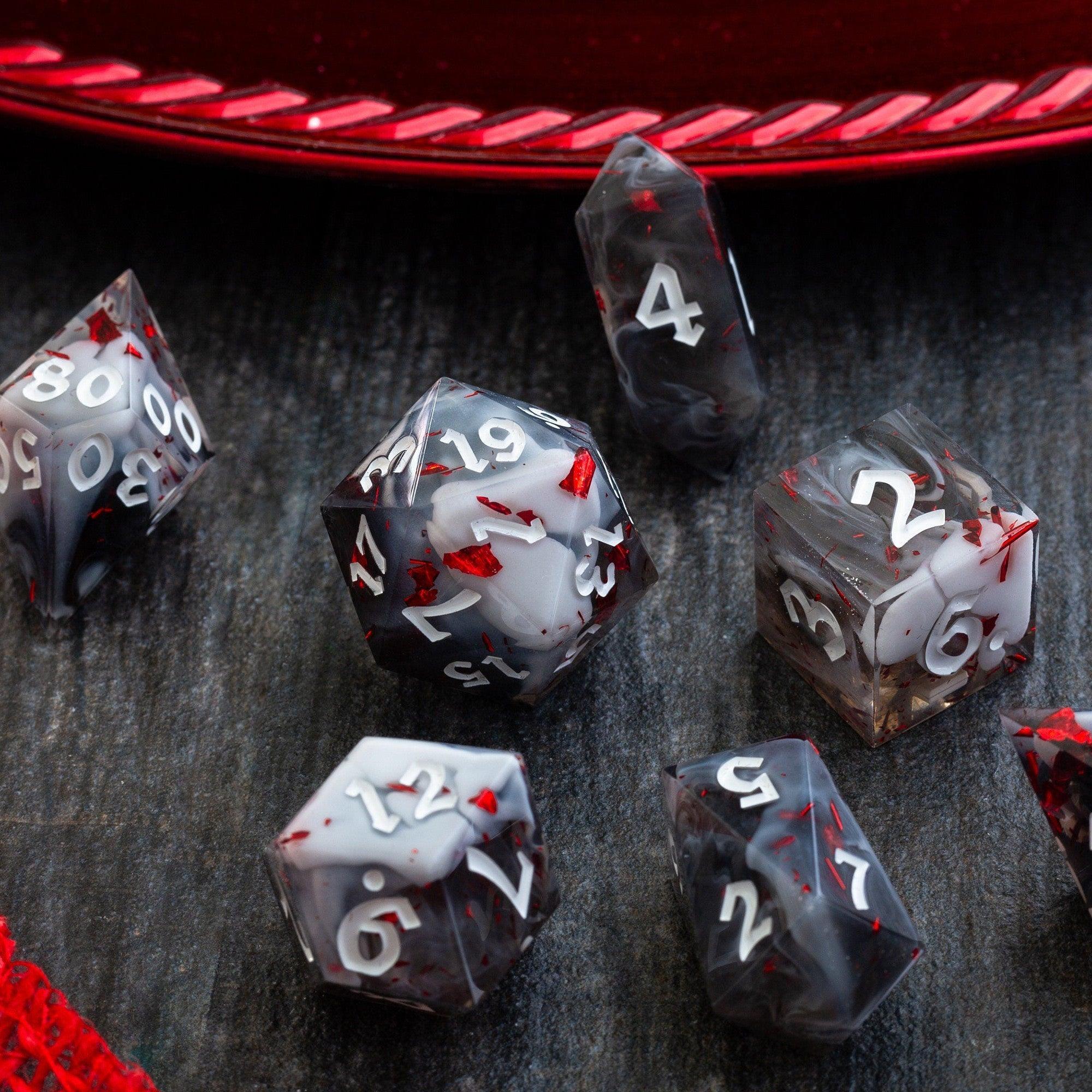
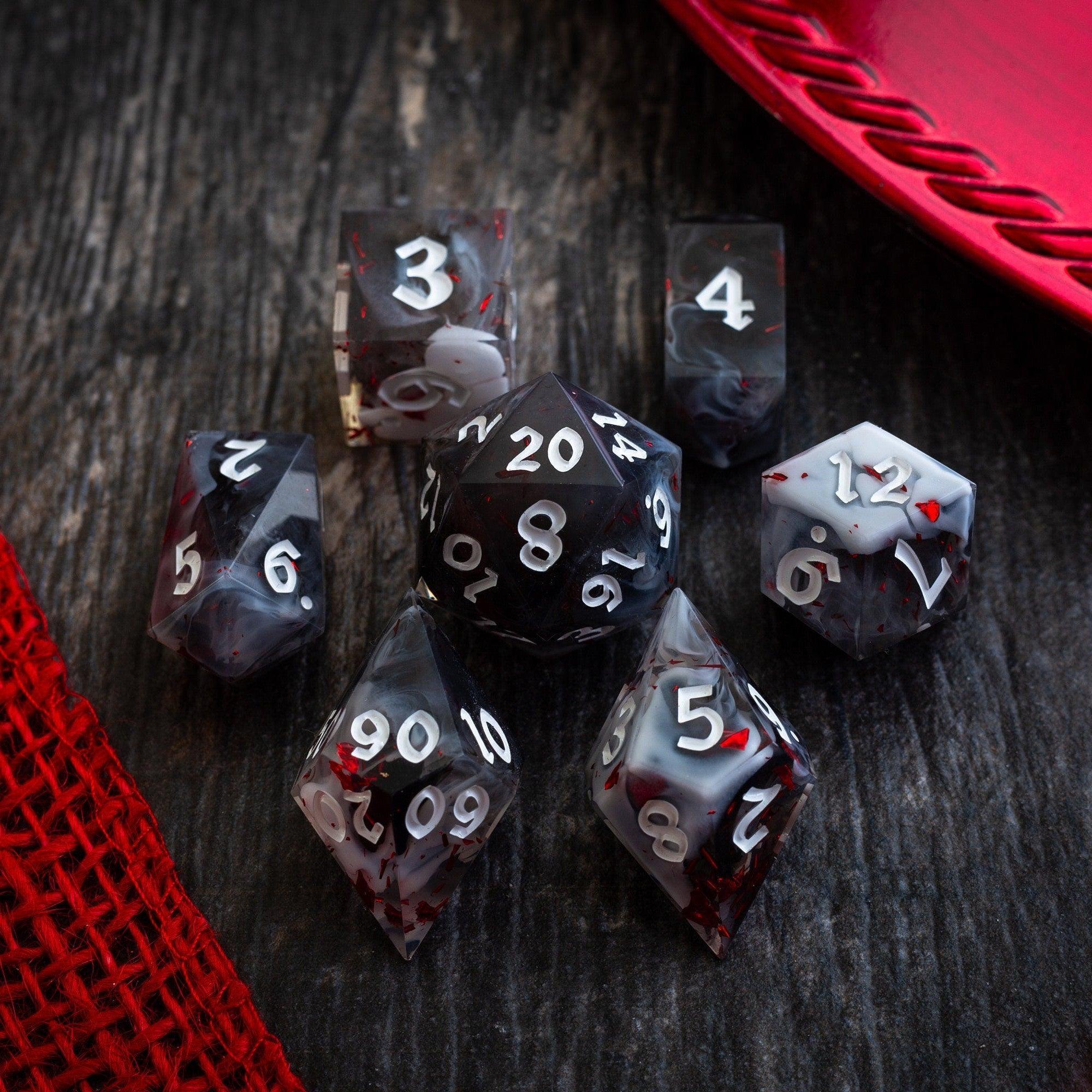
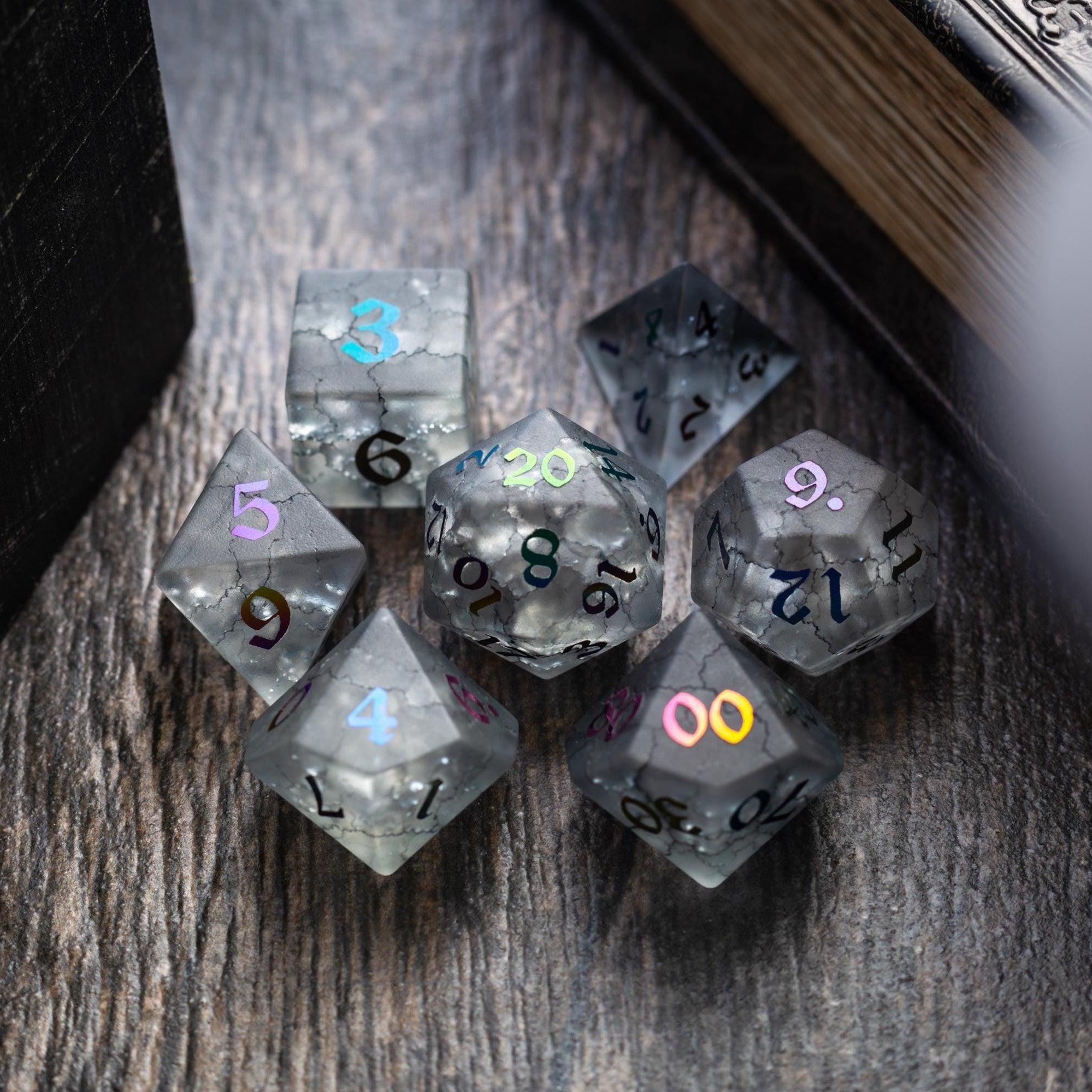
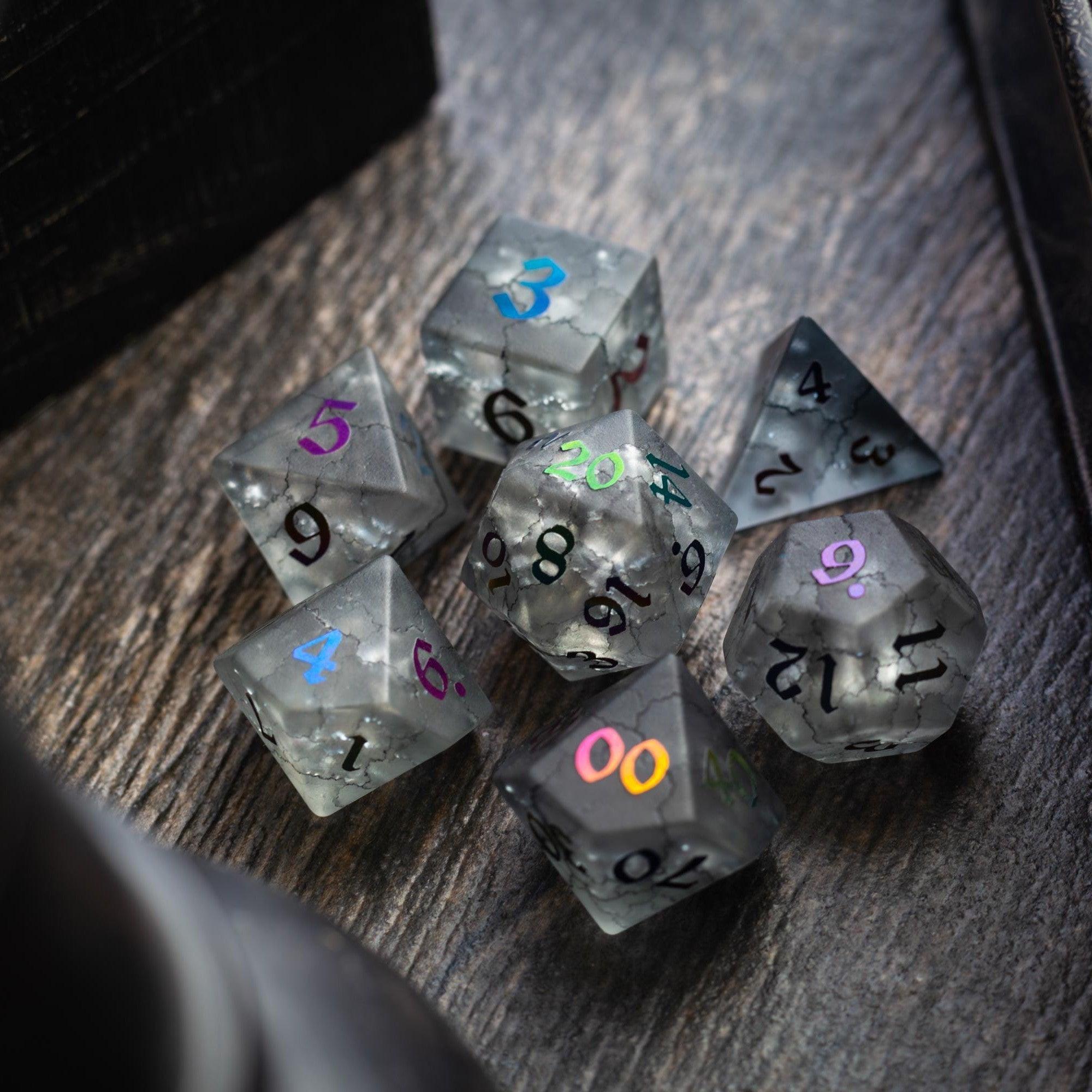
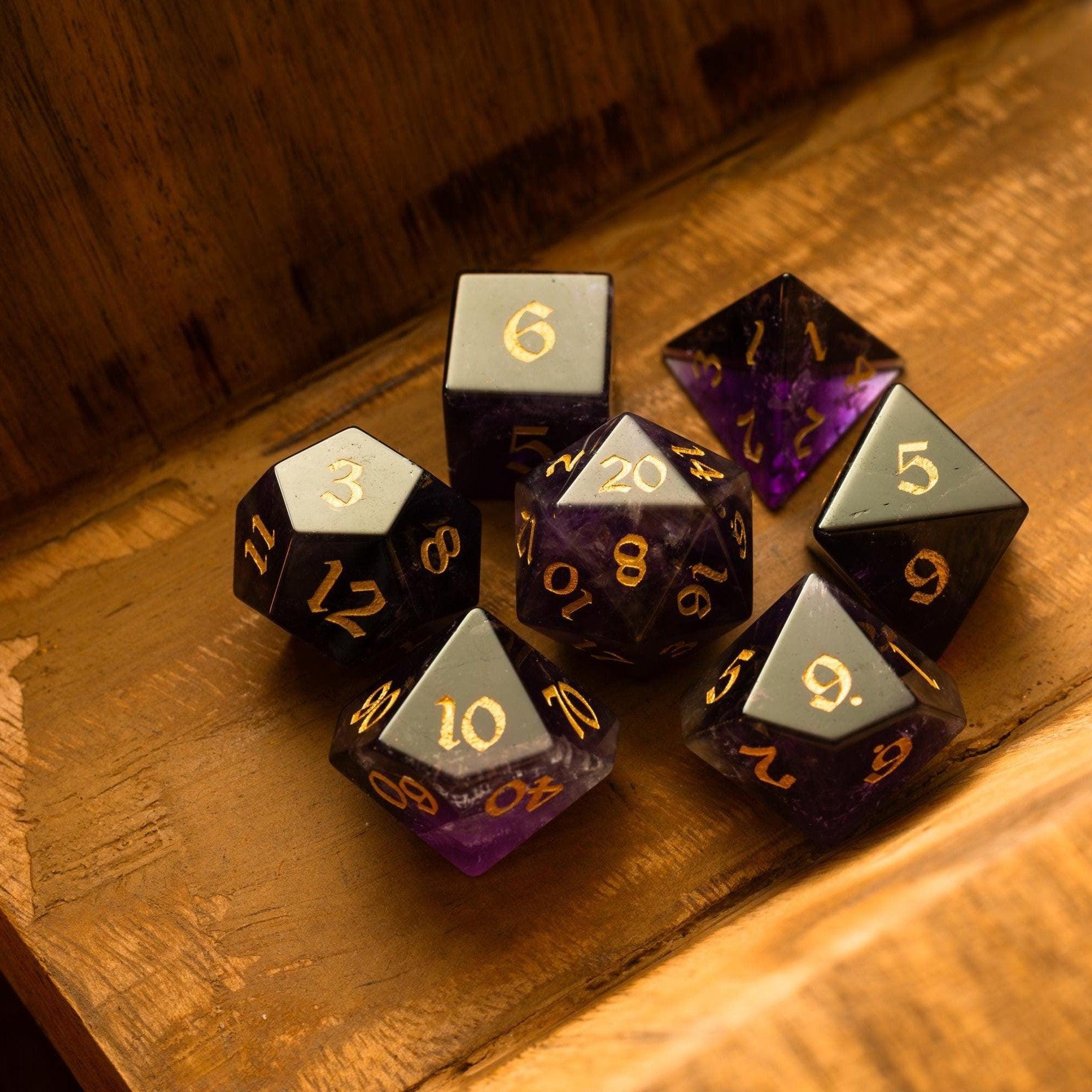
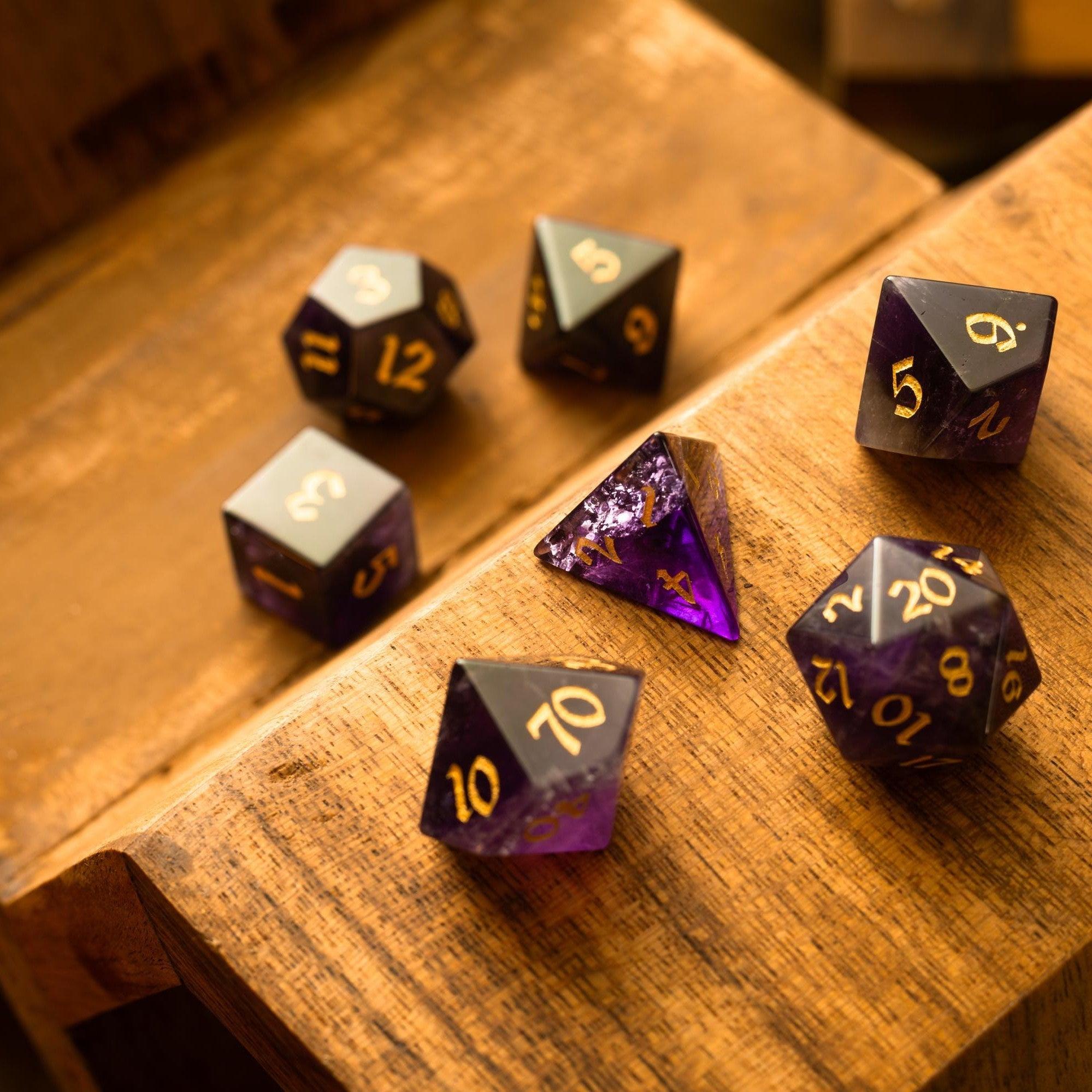
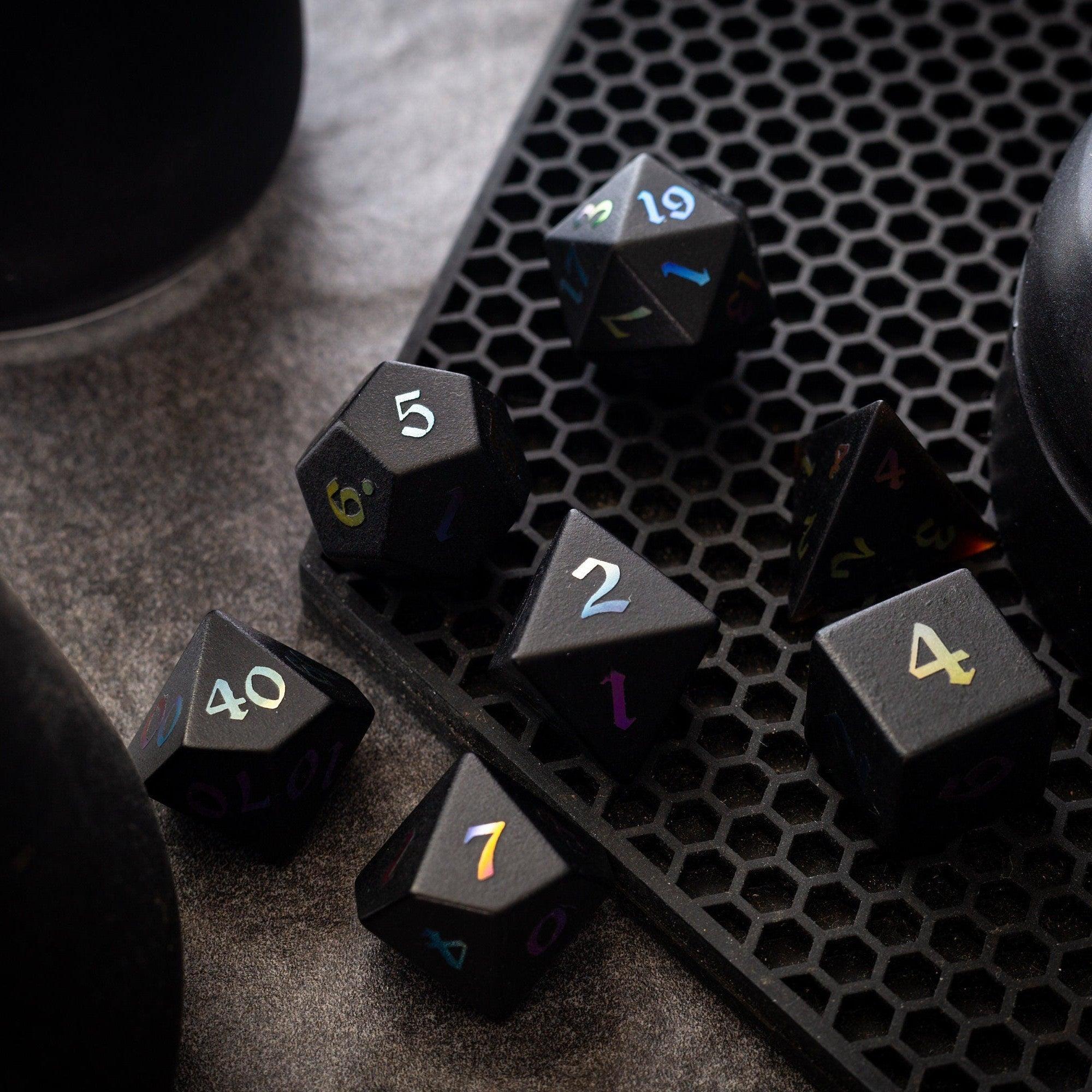
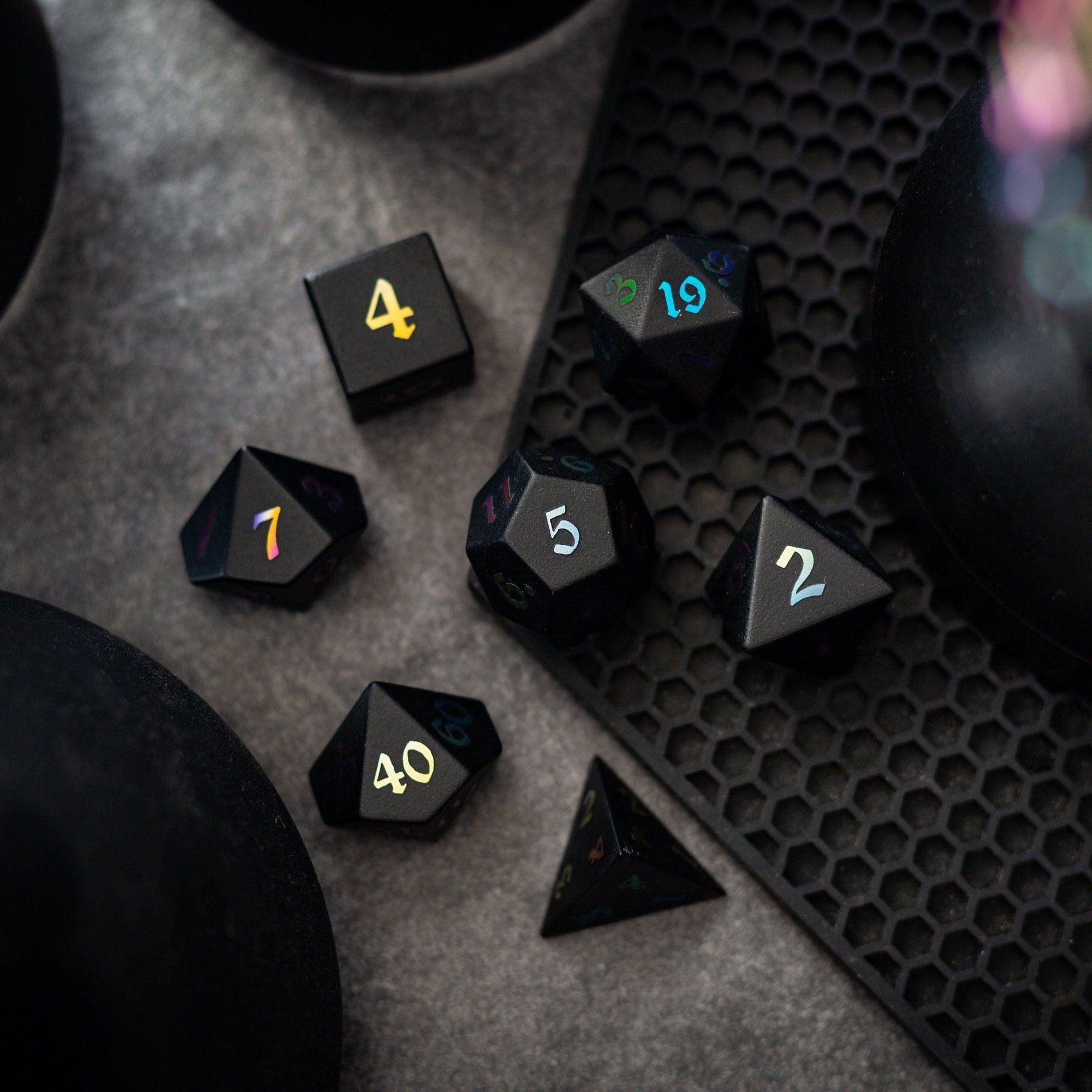
Leave a comment
This site is protected by hCaptcha and the hCaptcha Privacy Policy and Terms of Service apply.